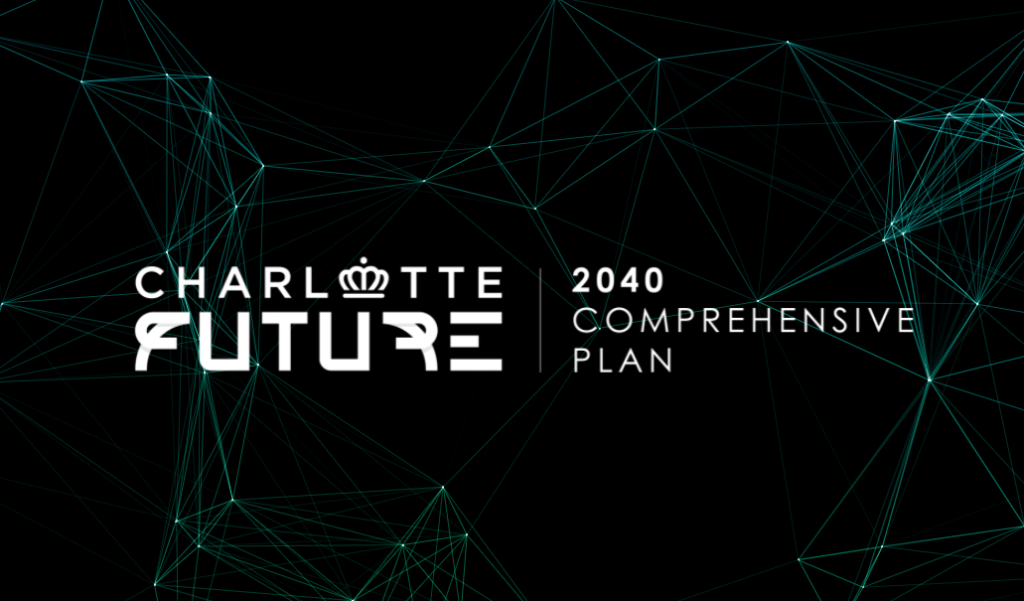By Danielle Chemtob
Tahira Askari and her family arrived at the chaotic scene at the Kabul airport last August, with a crowd of people surrounding the walls, and Taliban surrounding them.
The teenager heard gunshots and people calling out for help. She saw people being beaten and lying on the ground, injured.
They slept on the street outside the airport for two nights. Finally, after moving to another location, they managed to board a plane to Qatar, then Germany, then Washington, D.C., then Wisconsin, before they became among the over 1,700 Afghan refugees to arrive in North Carolina since last August.
Now 17, Askari lives in Concord now and dreams of studying journalism in the U.S. But like tens of thousands of Afghans now in the United States, she faces a ticking clock with her legal status. And she is bogged down in a years-long legal process to obtain citizenship.
What’s happening: The U.S. completed the withdrawal from Afghanistan a year ago today, Aug. 30, and has resettled more than 76,000 Afghans in the country.
Initially, North Carolina was set to resettle 1,200 refugees but that swelled to 1,730, according to the latest figures provided by the North Carolina Department of Health and Human Services. Charlotte agencies resettled 298.
Why it matters: In that year, Afghans in Charlotte and elsewhere have tried to build new lives for themselves, but their legal status is in limbo.
Context: Most Afghans have temporary status in the U.S. through humanitarian parole, which does not have a clear path to citizenship, and only lasts for two years typically.
Afghans can apply for asylum, and their cases will be expedited, receiving an interview within 45 days.
But it’s still a lengthy process that attorneys often assist with, which is a financial barrier for families that had to start over when they moved here. Plus, the nearest office handling the asylum interviews is in Virginia.
Once they receive asylum, they can apply for their green card after a year, and in four years they are eligible to apply for citizenship, says Rebekah Niblock, a staff attorney with the Charlotte Center for Legal Advocacy working for its Immigrant Justice Program.
While the asylum process is being sped up for Afghans compared to other refugees, it still means years of waiting and legal fees before they can become citizens.
Read more: One year after the U.S. withdrawal from Afghanistan, Afghans in Charlotte are in legal limbo – Axios Charlotte
